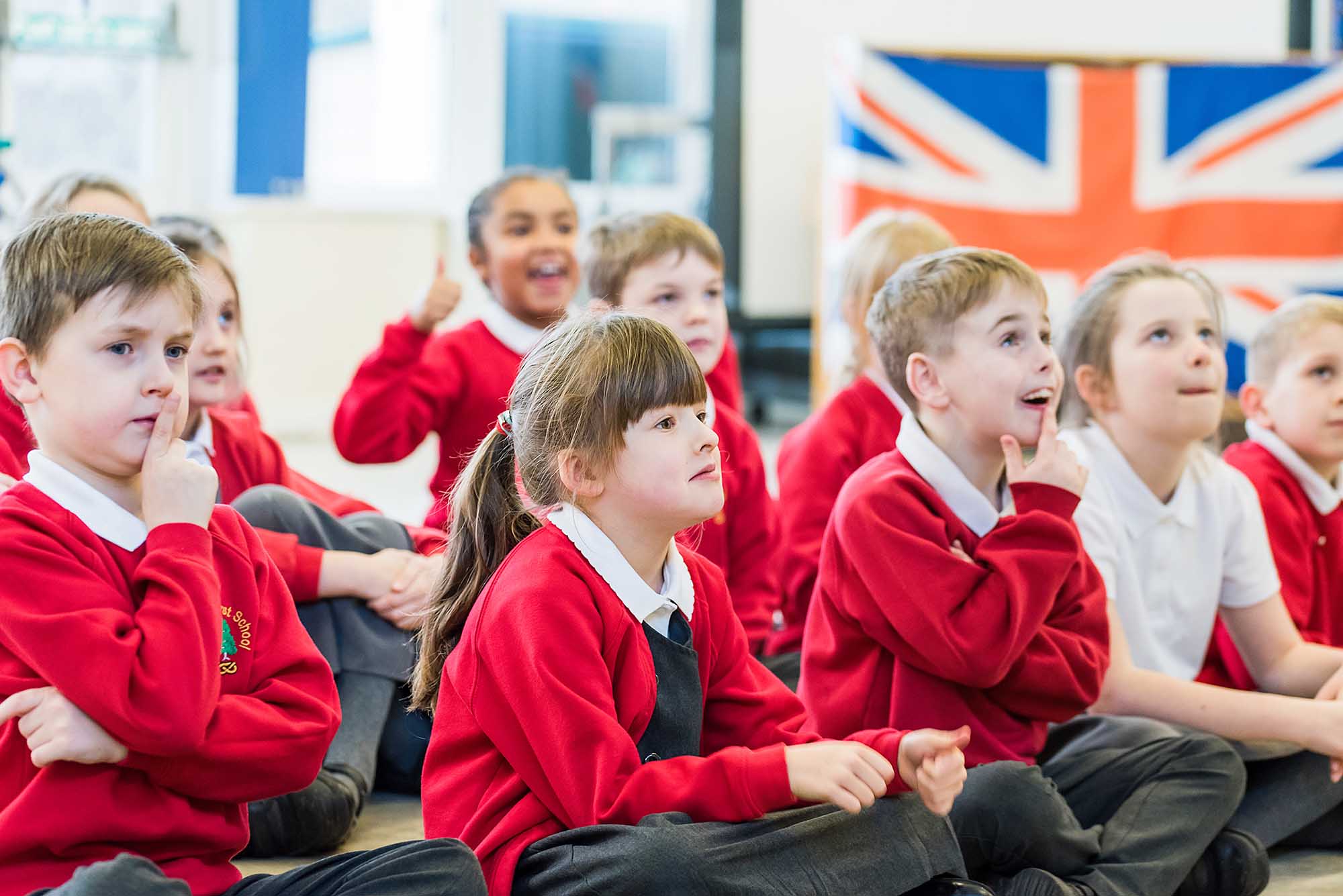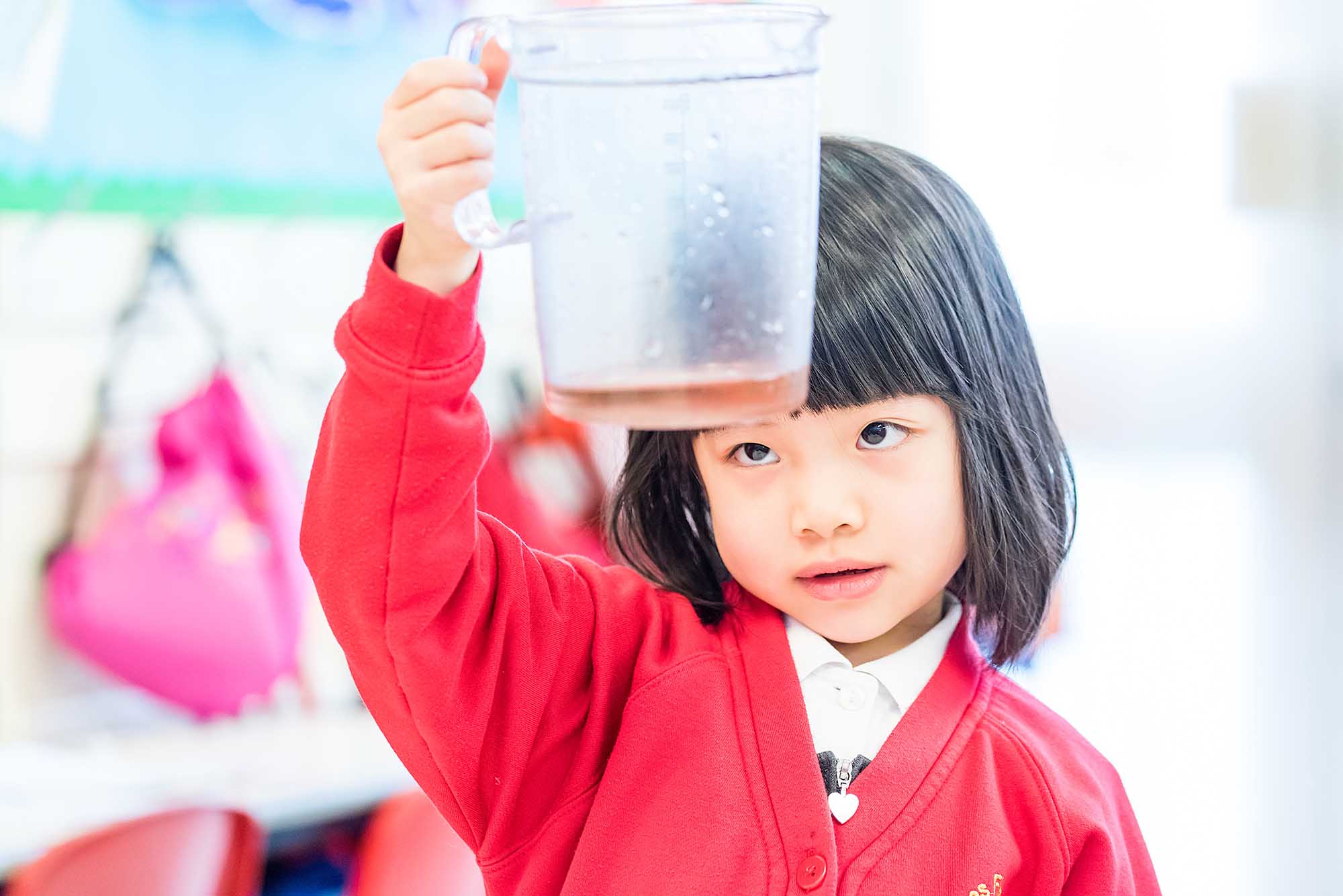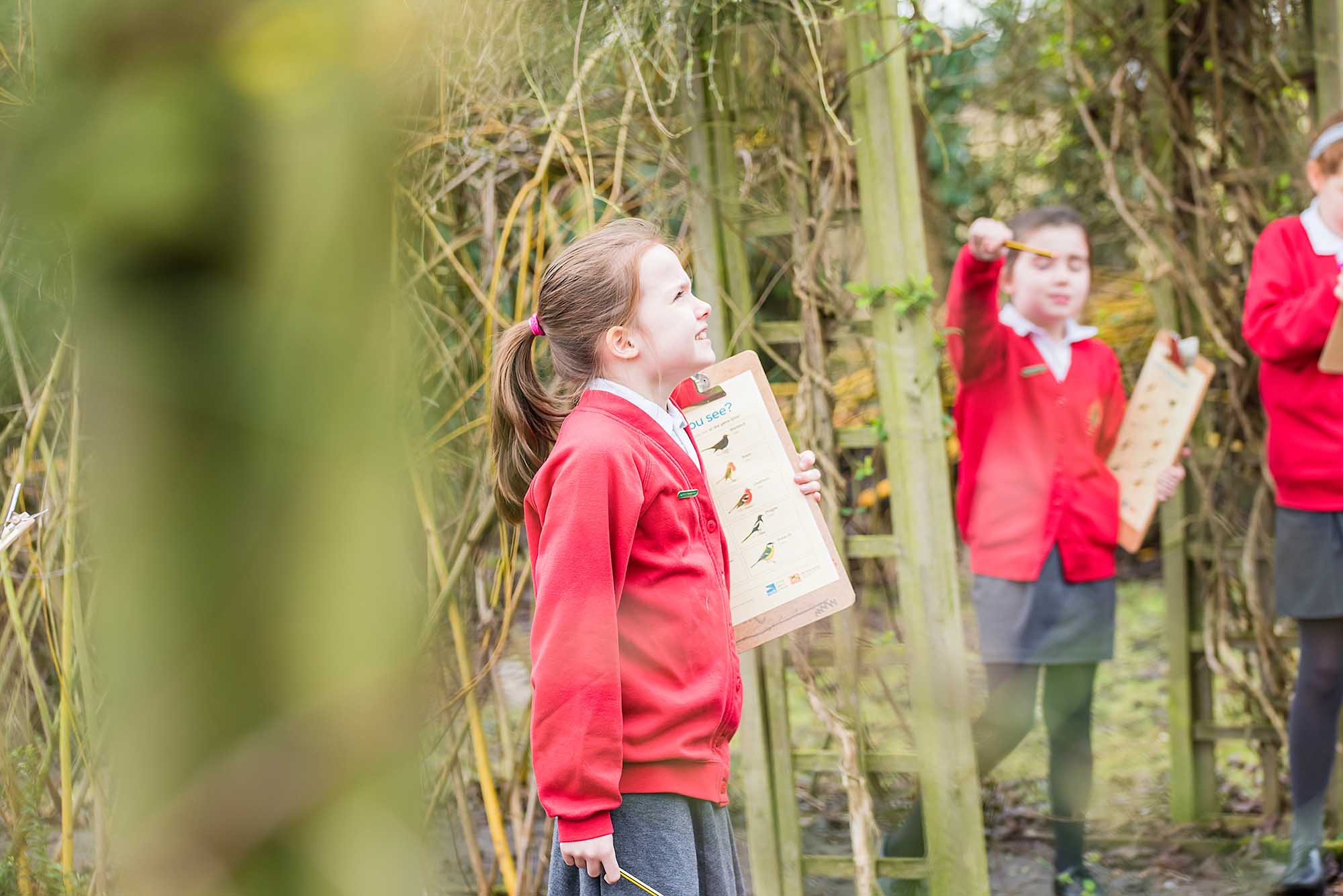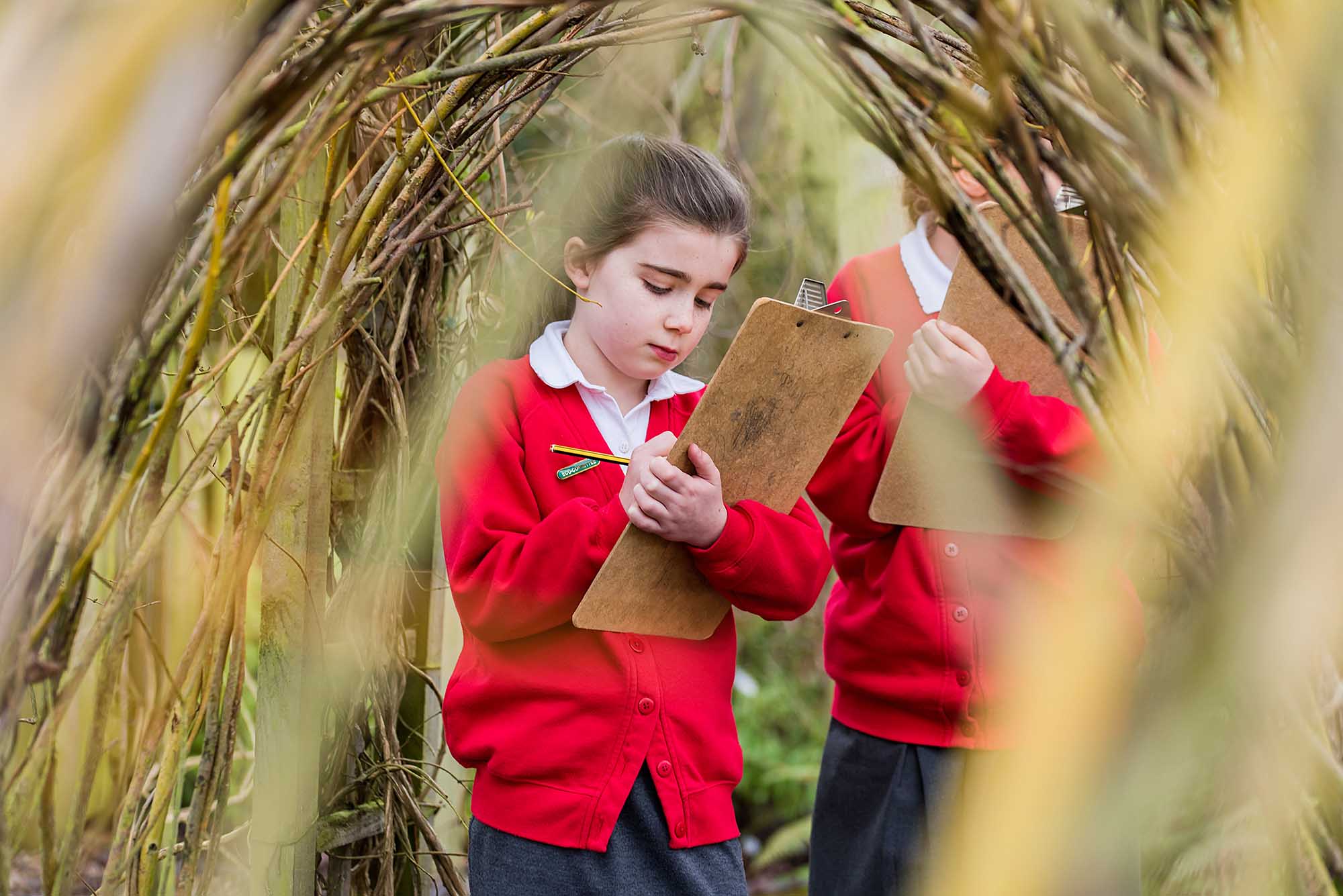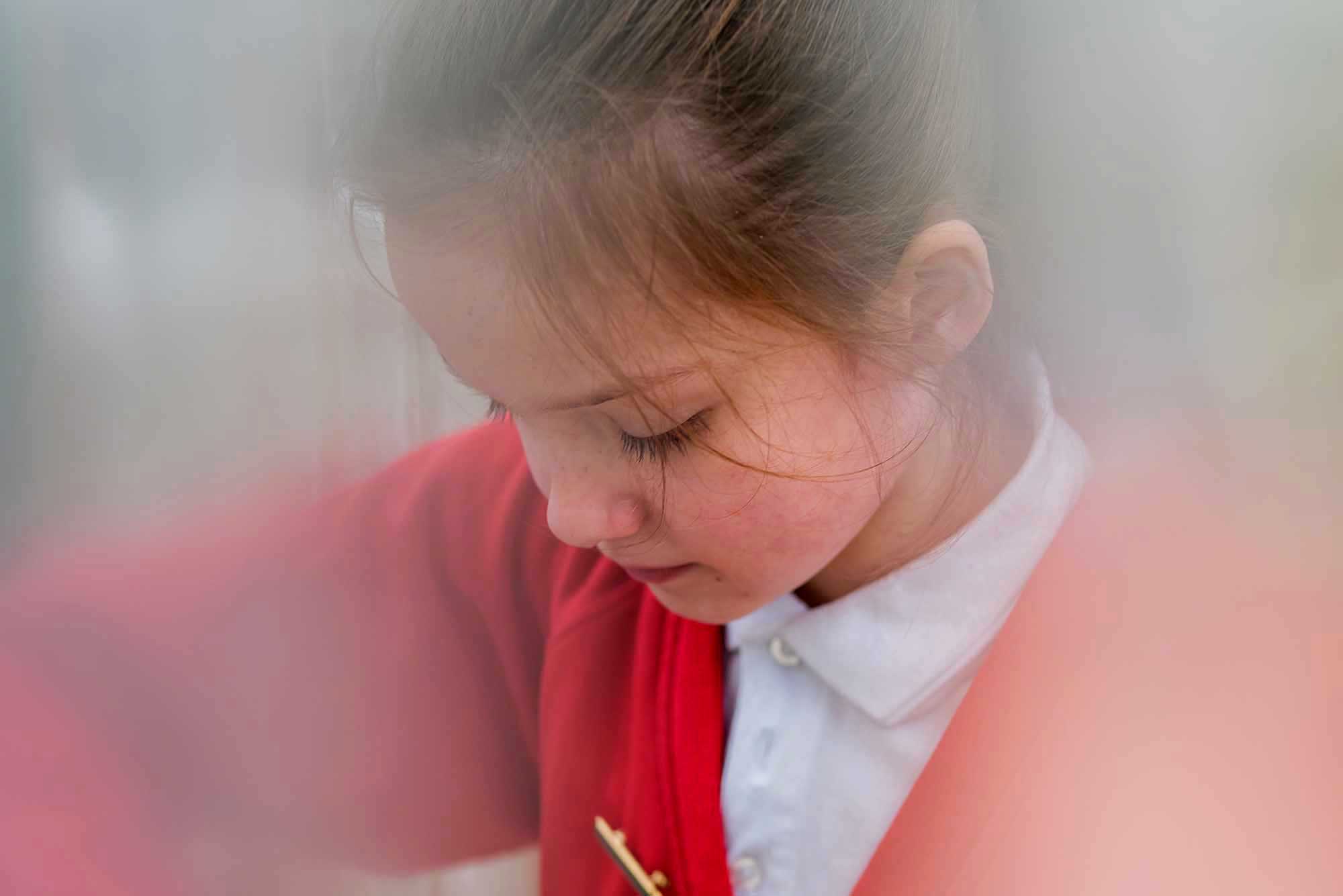EYFS Intent Statement:
In the Early Years Foundation Stage at Birches First School we intend for children to be effective, inquisitive, curious, independent learners through an engaging curriculum which influences their wider thinking. Children experience the seven areas of learning through our ambitious, progressive and inclusive curriculum which equips all children regardless of background or ability, with skills, experiences, and opportunities to develop their knowledge and understanding in all areas of learning. Children will be happy, healthy, and independent within school and the wider community and ready for their next phase of learning.
EYFS Implementation:
- We provide rich, first-hand learning experiences and opportunities with an awareness of cultural capital for all children at Birches First School.
- Pupils learn through a careful balance of child-initiated and adult-directed activities. Adults provide skilled interaction which allows children to progress, through careful comments and questioning. We promote the ‘characteristics of effective learning’ and encourage all children to be independent, resilient and critical thinkers who make links and develop their own ideas and strategies.
- We provide a carefully planned curriculum which ensures that children learn the knowledge and skills that they will need to progress into year 1 and beyond. Careful consideration has been given to what children need to know and be able to do in preparation for year 1 and the curriculum beyond. We ensure that children have well-planned, high-quality learning experiences both indoors and outdoors.
- We aim to ensure that children experience an inclusive curriculum approach that enables all children, regardless of background, to reach their full potential. We use regular assessments to ensure that all children are making good progress. We look carefully at what our assessments show us and provide carefully planned support for children when needed such as NELI support for speech and language needs and keep up phonics.
- We recognise that parents and carers form a crucial part of their child’s education and we communicate well with parents to ensure that they are able to support children effectively through excellent communication, parent workshops, parent meetings, ‘Tapestry’ and ‘Boom Reader’.
- We provide a caring and nurturing environment where children feel valued, listened to and understood. We recognise that it is vital that children feel happy, safe and cared for in order to become effective learners. Staff take time to get to know children and their families. We provide a welcoming, calm and homely environment that allows children to thrive.
- We provide daily high-quality systematic phonics teaching using the ‘Little Wandle’ phonics programme. Phonics teaching begins in nursery with ‘Foundations for Phonics’ allowing children to develop auditory skills they will need as they progress as they move onto phase 2 phonics in Reception. In Reception, children are taught phonics through daily, high quality, systematic phonics lessons. Books are carefully matched to children’s ability through regular assessments. When needed, children receive additional, daily phonics practise in order to close gaps.
- We use the ‘White Rose Maths’ scheme to ensure that children build firm foundations for basic mathematical knowledge and skills to allow them to become successful mathematicians as they progress through school.
Promoting a Love of Reading
Reading is at the heart of our curriculum. In Nursery, children participate in Phase One phonics sessions, ‘Time to Talk’ A small group intervention, which support the development of Communication and Language. Reception class participate in daily phonics sessions delivered through a successful (school impact) synthetic systematic phonics program ‘Little Wandle’.
Core texts, daily storytelling and non-fiction literature has been carefully selected for Nursery and Reception to promote and plan learning opportunities alongside themes and topics. These can be located within the EYFS long term planning (LTP). Children’s interests in particular stories, settings, characters within themes are adaptable in EYFS to maintain interest and ensure the books becomes a secure ‘hook’ for their enjoyment and learning within Literacy, Communication, and Language development.
Each term, we provide parents with a range of high-quality texts that they can share with their children that link to all areas of our curriculum. We have a school library which has recently been re-designed to encourage a love for wider reading for all children. All children visit the library weekly and take home a book to be shared with their adults.
Literacy is embedded in daily story sessions throughout EYFS, with specific outcomes to ensure children develop a love of reading and storytelling opportunities. Supportive initiatives such as ‘Scribble Club’ and ‘Drawing Club’ are explored in groups sessions to ensure children have positive and engaging opportunities. These sessions provide an opportunity for children to learn new vocabulary through ‘Get up, Stand up’ vocabulary sessions where children learn, act out and understand words related to the texts.
Developing Early Number Concepts
Mathematics at Birches First School is taught alongside our own long-term plan which has been adapted from the White Rose Scheme of Learning, ensuring that age-appropriate skills are embedded to ensure children progress successfully towards the Early Learning Goals. Our long-term plan strives to support children in EYFS to become fluent in the fundamentals of mathematics, to be able to reason and to solve problems.
White Rose provides guidance to help pupils to become ‘Visualisers – using the CPA approach to help pupils understand mathematics and to make connections between different representations. Describers – to place great emphasis on mathematical language and questioning so pupils can discuss the mathematics they are doing, and so support them to take ideas further. Experimenters – as well as being fluent mathematicians, we want pupils to love and learn more about mathematics’ https://whiterosemaths.com/latest-news/wrm-curriculum-the-new-ofsted-framework-your-questions-answered/
In Reception, in addition to White Rose maths we use ‘Number Sense Maths’ which provides visual animations which ensure children can subitise, recognise number patterns and have a secure understanding of quantity.
Ten Town is highly favoured by the children in EYFS and is used to support number recognition and writing numerals through engaging songs, characters, rhymes, and ICT based games in order for children to develop Early Number Concepts, embedding clear mathematical language within their play and learning. These early mathematical experiences are carefully designed to help pupils remember the content they have been taught and to support them with integrating their new knowledge across the breadth of their experiences and into larger concepts.
Children are given home log-ins for Ten Town and Numbots to enrich their learning. We also encourage parents to download and use ‘1 Minute Maths’, a White Rose app which allows children mathematical skills and knowledge.
High quality texts linked to mathematical concepts are used to develop children’s understanding and to develop understanding of mathematical vocabulary. White Rose Maths provide a list of recommended texts which staff use to enrich learning.
Assessment & Monitoring
As part of the teaching and learning process, children complete a baseline assessment in the first half term, this enables staff to plan the provision effectively to meet each of the children’s needs. In Nursery class the children’s baseline is supported by a communication and language-based intervention programme- ‘time to talk’. Observations and interactions also ensure we understand the children’s starting points in Nursery across all seven areas within Development Matters (DM) and judge if the children are secure using ‘DM- birth to three’ as our guidance document.
In Reception class children are required to complete the Statutory Reception Baseline (RBA). Children are assessed in relation to their progress towards Development Matters and the Early Learning Goals within the new framework 2021. These judgements are made on the basis of accumulative observations and in-depth knowledge of the children acquired through ongoing assessment. Our regular monitoring of teaching and learning includes highly skilled adults who can observe, scaffold, facilitate, and challenge the children’s interactions, develop their curiosity, and promote sustained shared thinking with skilled questioning.
Data is tracked termly followed by Pupil Progress Meetings to ensure we are constantly adapting and reviewing our curriculum and meeting the needs of all our children in EYFS.
Impact:
Children feel happy to come to school and enjoy their time in EYFS at Birches. They feel valued and respected and in return, they become respectful children who demonstrate the values and expectations of Birches First School, in school and in the wider world.
Our curriculum meets the needs of our children making sure they make good progress, including our disadvantaged pupils and those with SEND. This is achieved through talking to children, looking at their work, observing their learning experiences and analysing data and progress in Reception and Nursery, groups and individuals. Every member of staff uses ongoing observational assessment to identify children’s starting points and plan experiences which ensure progress. We use this information on a weekly basis to plan learning experiences and next steps so that knowledge and skills are built cumulatively. During each assessment window, three times a year, teachers update the progress children have made onto Insight which allows us to assess the impact of teaching and evaluate whether it has been enough. Evidence of children’s learning including observations, work samples, photographs and contributions from parents are kept which children use to reflect on their progress through pupil voice.
Our curriculum and its delivery ensure that children make excellent progress. During their time in our EYFS, children make rapid progress so that we meet and exceed the national expectation for GLD at the end of the year (Above national 2014-2024). Pupils also make good progress toward their age-related expectations before transitioning into Year One and their futures. We believe our high standards are due to the enriched play-based exploration alongside the rigour of assessment and teaching the children have as they move through the early years – a rich diet of balanced learning experiences is undoubtedly the best way to develop happy, curious children.
